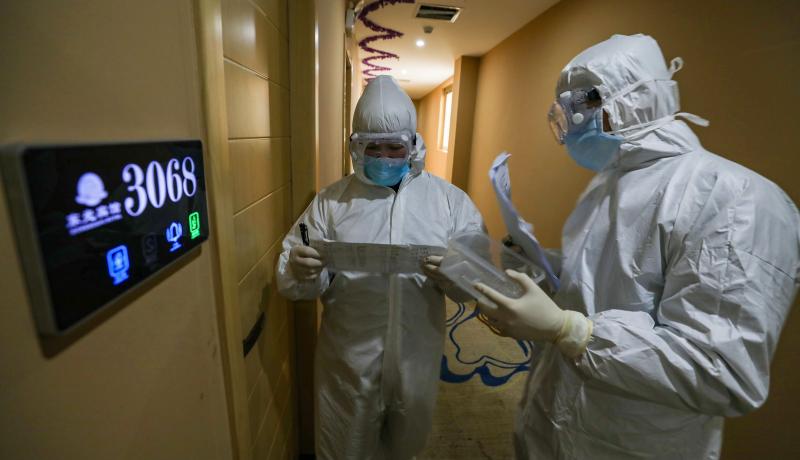The leader of the World Health Organization (WHO) today announced that collaborative efforts are underway in China to begin to identify the zoonotic source of the virus that causes COVID-19.
“The WHO advance team that traveled to China has now concluded their mission to lay the groundwork for further joint efforts to identify the virus origins,” Director-General Tedros Adhanom Ghebreyesus announced during a virtual press conference. “As a result of these efforts, WHO and China’s experts have drafted the Terms of Reference for the studies and program of work for an international team led by WHO.”
On July 7, the WHO announced that an advance team of two members — an epidemiologist and an animal health expert — would be traveling to China to work with local scientists to, “prepare scientific plans for identifying the zoonotic source of the SARS-COV-2 virus.”
Animal Origin Theories
Currently, it is well-known that the COVID-19 virus originated in Wuhan, a city in Hubei Province, China, but any more specific origins are still unknown or heavily disputed.
Early in the pandemic, Wuhan health officials claimed that the virus originated in a popular seafood market in the city, though of the first 41 patients hospitalized with the virus in Wuhan, 13 had no connection to the seafood market.
It’s widely accepted that the SARS-CoV-2 virus has animal origins, which makes the livestock and seafood market a good candidate for the virus’ origin. A prevailing theory is that the virus actually originated in bats and jumped to humans.

It is well-known that bat viruses are easily transferable to humans and the Wuhan Institute of Virology (WIV) studies and samples bat viruses annually to identify any potential outbreaks and stem future epidemics. When researchers analyzed an early sequence of SARS-CoV-2 in January, they found that it was most closely related to a virus present in bats.
That same month, a team led by Shi Zheng-Li, an expert on coronaviruses from WIV, announced that the SARS-CoV-2 virus was 96.2 percent similar to a bat virus they had sampled and stored in their lab collection.
It’s unknown whether a human may have been directly infected by a bat or whether the virus jumped from bats to another animal species before it transferred to humans. A Chinese state-run news agency announced in January that 33 of 585 samples tested from animals at the Wuhan livestock market tested positive for SARS-CoV-2, though they didn’t announce which animals tested positive.
This makes it likely that the virus encountered humans through another animal, rather than directly from bats.
“Such a high rate of positive tests would strongly imply that animals in the market played a key role in the emergence of the virus,” Edward Holmes, an evolutionary biologist at the University of Sydney, told Science Magazine.
Other Unfounded Theories
In April, US President Donald Trump claimed he had seen evidence supporting a theory that the virus was created at WIV and accidentally or purposefully released to the public. His statement contradicted US intelligence officials who explained the theory was one of many they were investigating and was still inconclusive and unproven.
“A majority of the views right now is that [the virus] is natural — it was organic,” Secretary of Defense Mark Esper told NBC News in April.
Most coronavirus scientists and experts now claim that it is extremely unlikely that the virus did not have natural origins.
























